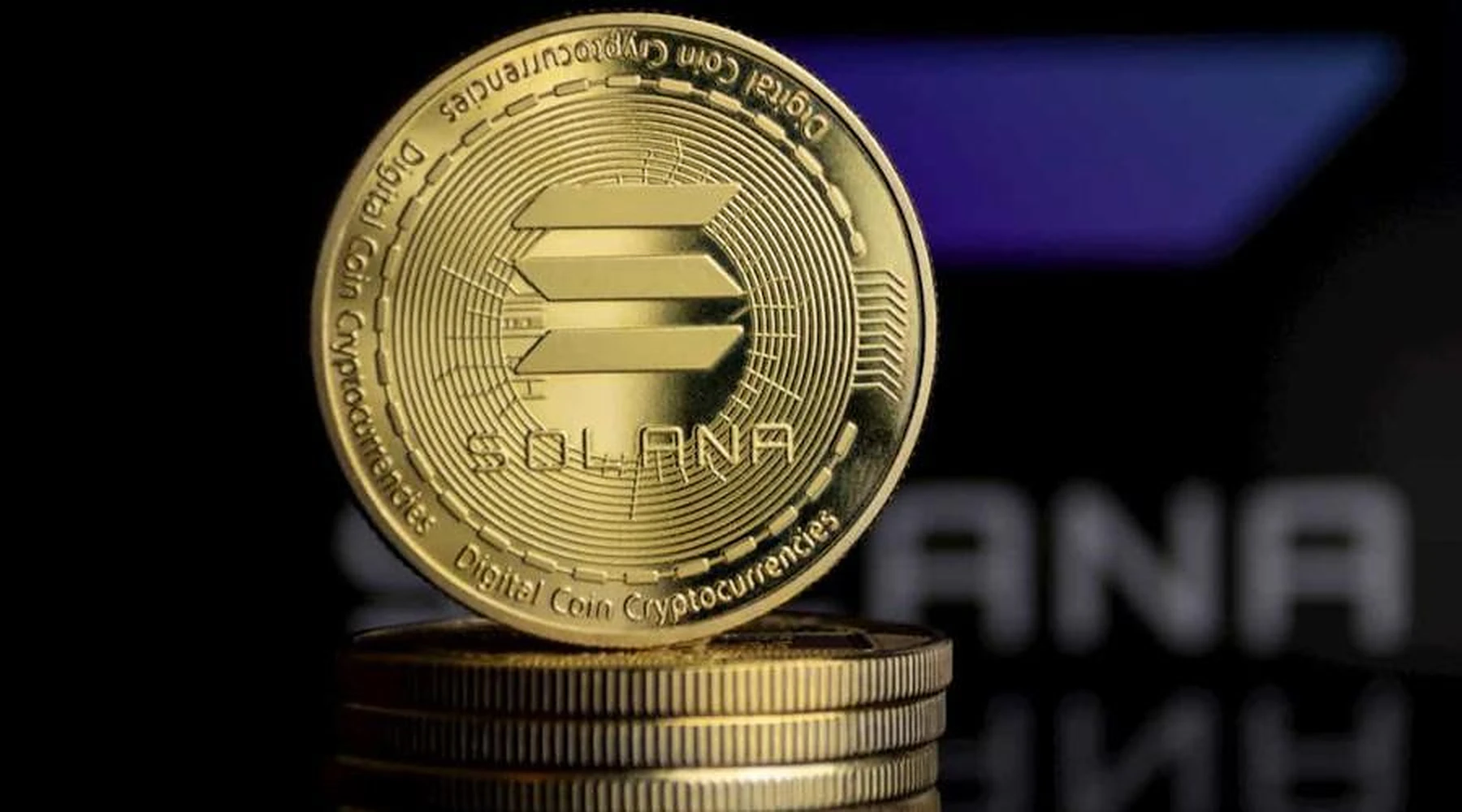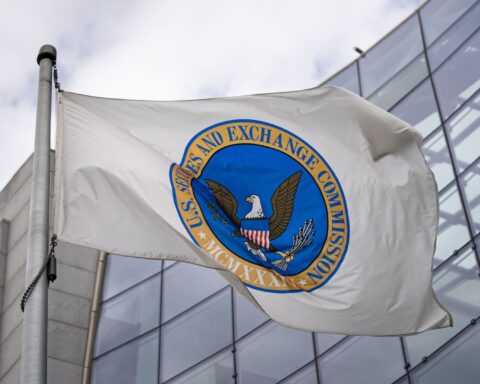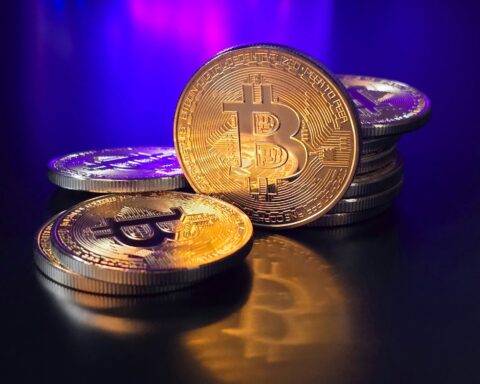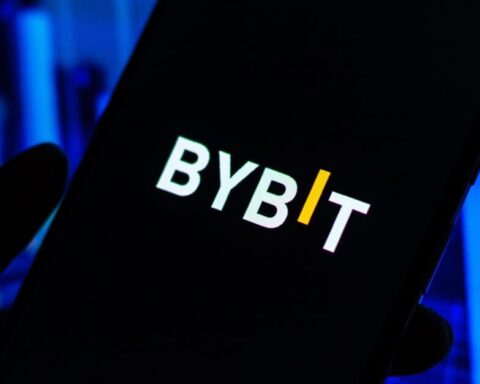During a roundtable at Korea Blockchain Week (KBW) 2024, Solana Foundation’s executive director, Dan Albert, addressed concerns about the Solana network’s decentralization following a recent incident where a critical vulnerability was patched quietly by validators.
On August 9, a Solana validator named Laine highlighted a severe vulnerability that could have potentially halted the network. To prevent any exploits, the validators coordinated a patch in secret, fearing that public disclosure could allow an attacker to reverse-engineer the vulnerability and compromise the network. This behind-the-scenes coordination led some to question the network’s decentralization.
In response to these concerns, Albert explained at the KBW 2024 that the deployment of the patch was a necessary response to a security threat that could have “potentially caused a liveness issue on Solana mainnet.”
However, Albert strongly countered the notion that this action implied centralization. He stated:
“Regarding your question of decentralization, I think it’s important not to confuse centralization with the ability to coordinate. There are 1,500 block-producing nodes all over the world that are operated by almost as many individuals.”
Albert acknowledged that some companies operate multiple nodes, but emphasized that the coordination of the patch was a matter of communicating with active community members and node operators within the ecosystem. “We’ve spoken with them on occasions for other things,” he added.
He also highlighted that the validators independently choose the software they run, noting that the patch was open-source and that the Foundation never mandates running closed-source software.
“The ability to communicate with them, or some of them, voluntarily, is not to be confused with centralization,” Albert reiterated.
This incident isn’t the first time the Solana network has faced accusations of centralization. In 2022, a community member criticized the network as overly centralized, likening it to “another version of the traditional system.” Despite these claims, Solana-based DeFi firm Unstoppable Finance defended the network, asserting that Solana’s validator count is comparatively high and promotes greater decentralization than many realize.




